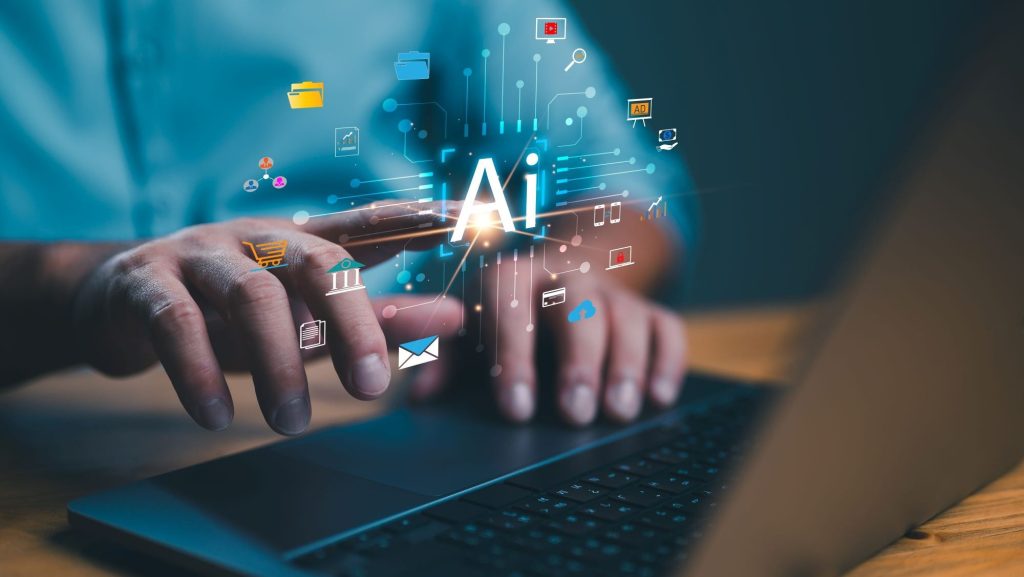
Understanding Artificial Intelligence and Its Evolution
Artificial Intelligence (AI) has made incredible strides in recent years. This technology has transformed various sectors by streamlining processes, enhancing decision-making capabilities, and improving customer experiences. As AI continues to evolve, leading companies are driving this change, leading innovations that will shape the future of digital interaction.
AI’s ability to process vast amounts of information and learn from patterns within that data is its primary advantage. Organizations are leveraging this technology to develop solutions that range from sophisticated virtual assistants to autonomous systems capable of making complex decisions. This capability not only optimizes operations but also redefines the interactions between humans and machines, creating a more integrated approach.
Key Players in the AI Market
A robust landscape of AI companies has emerged, each standing out for its unique contributions and innovative products. Understanding who these companies are and how they impact various industries is crucial in recognizing the future trajectory of AI technology.
One of the most notable names in the AI realm is OpenAI. Founded in 2015, OpenAI skyrocketed to fame with products like ChatGPT and DALL-E. With a valuation exceeding $86 billion, it plays a pivotal role in generative AI and natural language processing. The company has received significant investment from major technology giants, including a multibillion-dollar influx from Microsoft, which has integrated OpenAI’s technologies into its product offerings like Bing.
Another tech giant, Microsoft, has heavily invested in AI innovations following its partnership with OpenAI. Valued at over $3 trillion, Microsoft is infusing AI capabilities into popular products such as Microsoft 365 and Azure, with tools such as Copilot to enhance user productivity.
Innovations from Industry Leaders
The parent company of Google, Alphabet, remains a dominant force in AI research and development. With a market value of approximately $2 trillion, Alphabet’s advancements include revolutionary algorithms like BERT, along with generative models such as Gemini. Google Cloud offers a wide array of AI services to empower businesses in implementing intelligent solutions.
Moving to Meta Platforms, previously known as Facebook, the company has committed significant resources to AI development, improving its social platforms while working on new technologies like the LLaMA model. With a valuation surpassing $1 trillion, Meta aims to lead in generative AI and tailor personalized recommendations for users.
Moreover, Nvidia plays a critical role in AI development through its graphic processing units (GPUs), which are essential for training AI models. Valued at over $1 trillion, Nvidia provides both hardware and software solutions, supporting AI applications across various sectors.
Emerging Companies and Technologies
Established technology firms aren’t the only players; new companies are emerging, including IBM, renowned for its Watson AI system. IBM, valued at approximately $153 billion, offers AI solutions that help businesses incorporate technology into their operations.
Palantir Technologies, established in 2003, specializes in data analytics with AI-enhanced platforms that support decision-making for government and private sectors. Valued at about $46 billion, Palantir enables organizations to tackle complex data challenges.
Salesforce has made significant strides with its Einstein AI platform, seamlessly integrating smart features into its CRM solutions. With an estimated market value of $240 billion, Salesforce aids companies in customizing customer interactions through predictive analytics and automation.
New Entrants in AI Development
Emerging firms like Cohere, which focuses on developing language models tailored for business applications, are gaining traction in the market with a valuation of over $2 billion. Their tools empower organizations to harness advanced natural language processing capabilities efficiently.
Anthropic offers another perspective on AI, founded by former OpenAI employees focused on constructing AI assistants emphasizing security and ethical frameworks. With a valuation around $5 billion, Anthropics cautious development approach aims to produce technologies that prioritize user welfare.
Current Trends in Artificial Intelligence
As AI technology continues to advance, several trends are emerging that will reshape its future trajectory.
Generative AI: The proliferation of tools like ChatGPT is radically changing companies’ engagement with customers and their content creation methods.
Intelligent Automation: Many organizations are increasingly adopting automated solutions to streamline operations and enhance efficiency.
Ethical AI: A heightened awareness regarding the ethical dimensions of AI has led companies to emphasize responsible usage guidelines.
Sector-Wide Integration: AI is finding applications across multiple sectors, such as healthcare, finance, and manufacturing, beyond traditional technology realms.
Accessibility of AI Tools: The rise of open-source platforms and cloud-based services is democratizing AI technology, leading to a surge of innovative startups.
HAL149 is dedicated to creating AI-powered assistants for businesses, focusing on enhancing customer service and online operations. Our GPT-trained models streamline tasks and maximize client efficiency. Learn more about HAL149.
